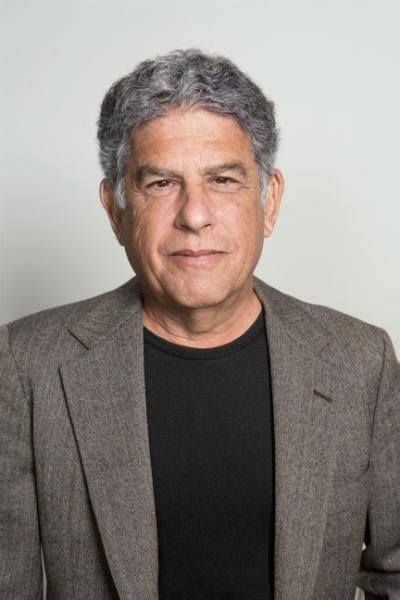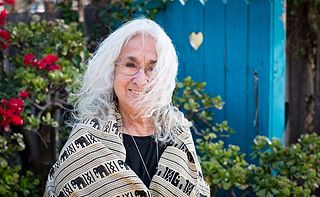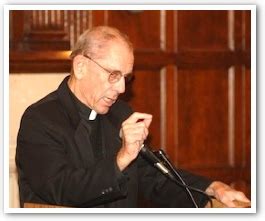A Quote by Albert Camus
There is but one freedom, To put oneself right with death. After that everything is possible. I cannot force you to believe in God. Believing in God amounts to coming to terms with death. When you have accepted death, the problem of God will be solved, and not the reverse.
Related Quotes
We trample the blood of the Son of God underfoot if we think we are forgiven because we are sorry for our sins. The only reason for the forgiveness of our sins by God, and the infinite depth of His promise to forget them, is the death of Jesus Christ...No matter who or what we are, God restores us to right standing with Himself only by means of the death of Jesus Christ...To identify with the death of Jesus Christ means that we must die to everything that was never a part of Him.
When you pray to God resignedly, as though patiently accepting the punishment of grief at the death of a loved one, and you say: "Thy will be done O Lord. The Lord giveth, and he taketh away", you have not yet known the God of love, for God giveth only. God never takes that which has not been given. What God gives to you you regive to Him for His regiving.
You rejoice when God gives birth to life, yet you deeply grieve when you give rebirth to new life - for that is what death is.
You hear a lot about God these days: God, the beneficent; God, the all-great; God, the Almighty; God, the most powerful; God, the giver of life; God, the creator of death. I mean, we're hearing about God all the time, so we better learn how to deal with it. But if we know anything about God, God is arbitrary.
By 'coming to terms with life' I mean: the reality of death has become a definite part of my life; my life has, so to speak, been extended by death, by my looking death in the eye and accepting it, by accepting destruction as part of life and no longer wasting my energies on fear of death or the refusal to acknowledge its inevitability. It sounds paradoxical: by excluding death from our life we cannot live a full life, and by admitting death into our life we enlarge and enrich it.
Whatever thought grips the mind at the time of death is the one which will propel it and decide for it the nature of its future birth. Thus if one wants to attain god after death, one has to think of him steadfastly... This is not as simple as it sounds, for at the time of death the mind automatically flies to the thought of an object (i.e. money, love) which has possessed it during its sojourn in the world. Thus one must think of god constantly.
There are two kinds of death, the death which is inevitable and common to all beings, and the death which is voluntary and particular to certain ones of them only. It is the second death which is prescribed for us in the words of the Messenger of Allah: "Die before you die." The resurrection is accomplished for him who dies this voluntary death. His affairs return to God and they are but one. He has returned to God and he sees Him through Him. As the Prophet said - on him be Grace and Peace!
The God content of the past no longer sustains the contemporary spirit. We sense that our only hope is to journey past those definitions of a God who is external, supernatural, and invasive, which previously defined our belief. We must discover whether or not the death of the God we worshiped yesterday is the same thing as the death of God.
We want to be God in all the ways that are not the ways of God, in what we hope is indestructible or unmoving. But God is the most fragile, a bare smear of pollen, that scatter of yellow dust from the tree that tumbled over in the storm of my grief and planted itself again. God is the death agony of the frog that cannot find water in the time of the drought we created. God is the scream of the rabbit caught in the fires we set. God is the One whose eyes never close and who hears everything.








































